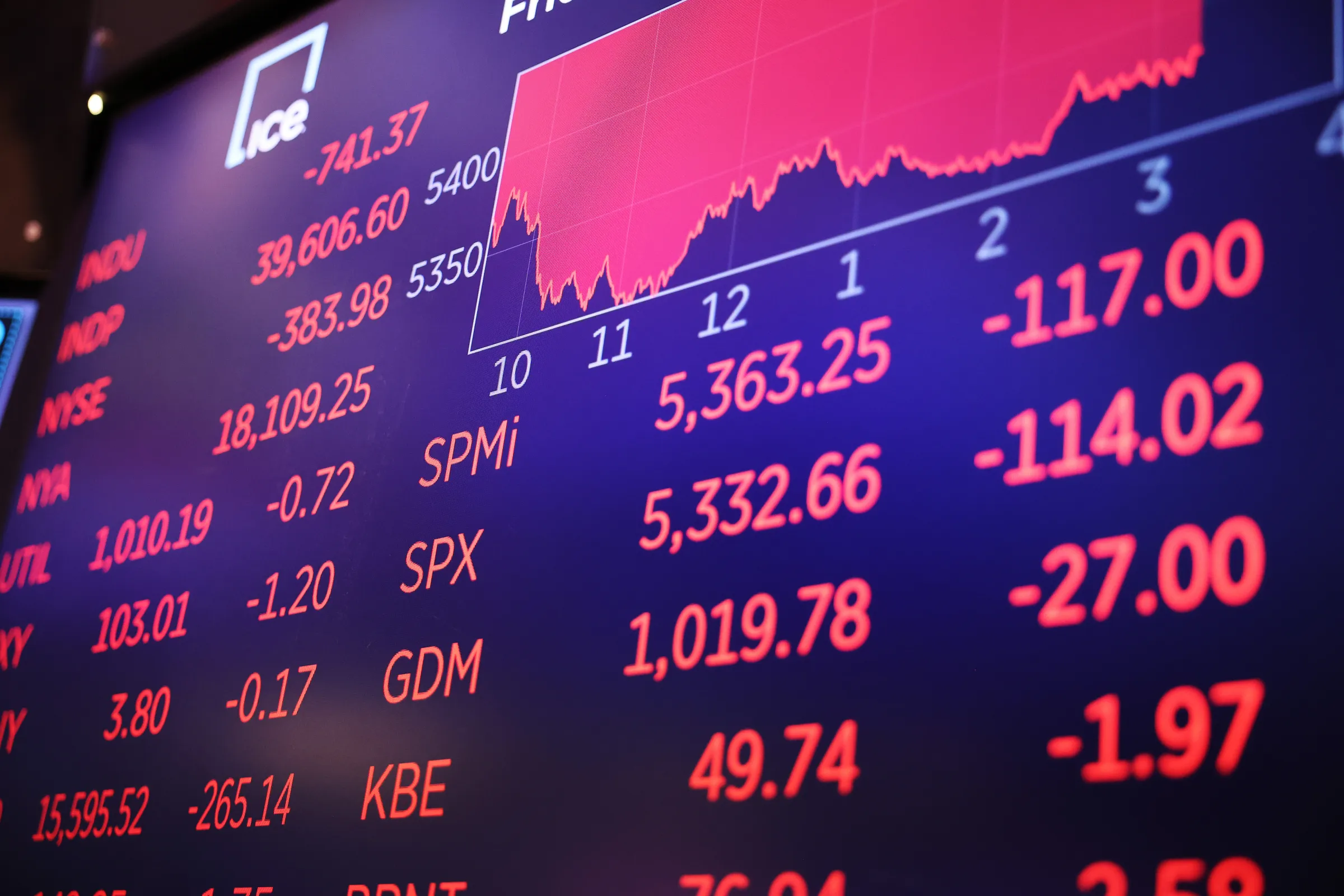Global stocks faced pressure on Tuesday amid investor concerns about U.S. President-elect Donald Trump’s policies. With his victory, investors are reassessing their positions, particularly in anticipation of potential tariff increases, tax cuts, and deregulation in his second term. While the S&P 500 and small-cap stocks reached new all-time highs, the euro and Chinese yuan weakened due to fears of rising tariffs and the ongoing challenges facing the Chinese economy, despite Beijing’s large stimulus measures.
Bitcoin, on the other hand, surged, nearing a record $90,000 as traders flocked to assets expected to benefit from Trump’s administration. The cryptocurrency has gained 30% in the week following the election, with analysts predicting it could soon surpass $100,000. This rally is driven in part by the expectation that the new Congress will be more favorable to crypto.
The U.S. dollar also strengthened, benefiting from the likelihood that U.S. interest rates will remain relatively high for longer under Trump’s policies. The dollar index reached 105.82, close to a four-month high.
In Asia, markets fell, particularly due to a sharp decline in semiconductor stocks after a Reuters report stated that the U.S. had ordered Taiwan Semiconductor Manufacturing Co. to halt shipments of advanced chips to China. This, along with concerns over Trump’s more hawkish cabinet picks—such as potential Secretary of State Marco Rubio—fueled fears of even stricter policies towards China, further pressuring China-exposed stocks.
Meanwhile, oil prices struggled to recover, despite China’s stimulus measures. Brent crude futures rose 0.7% to $72.35 per barrel, while U.S. futures climbed to $68.52. Gold also lost ground, falling 0.6% to $2,605 an ounce, nearing its lowest point in a month.
Investors are also anticipating U.S. consumer price inflation data and speeches from Federal Reserve officials this week, including Fed Chair Jerome Powell on Thursday. Markets are currently pricing in an 87% chance of a 25-basis-point rate cut by the Fed in December, which could influence future market direction.
Disclaimer: The information provided is for informational purposes only and should not be considered as financial, investment, or trading advice. Always conduct your own research or consult with a professional before making any financial decisions.

Leave a Reply